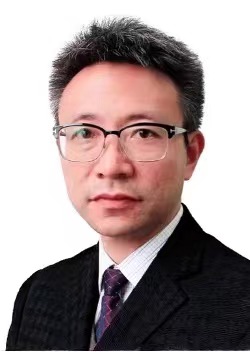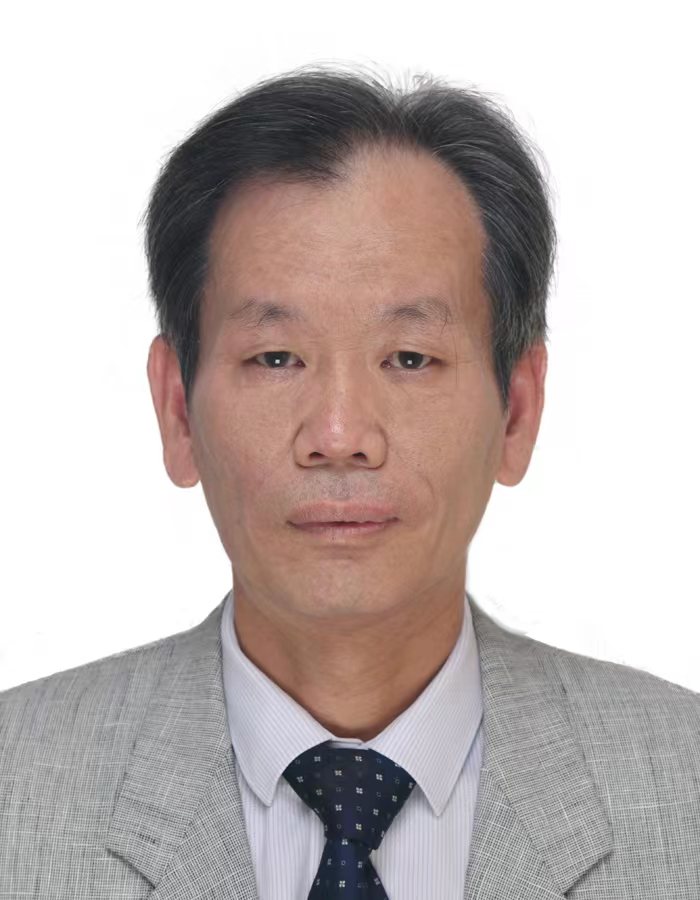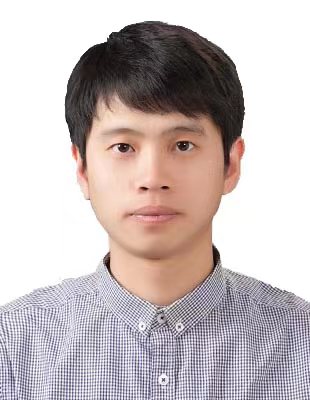Phone
(+86)-0512-36657124
Address
8 Duke Avenue, Kunshan
Jiangsu Province, China 215316
Office Hours



Professor and Director of the Medical Physics Graduate Program, Duke Kunshan University
Director, Jiangsu Provincial University Key (Construction) Laboratory for Smart Diagnosis and Treatment of Lung Cancer
Gustavo S. Montana Distinguished Professor of Radiation Oncology, Duke University
Professor, Duke Kunshan University
Contact: fangfang.yin@duke.edu
Fang-Fang Yin is Gustavo S. Montana Distinguished Professor in the Department of Radiation Oncology at Duke University. He is Professor and Director of Medical Physics Graduate Program at Duke Kunshan University. He is Fellow of American Association of Physicists in Medicine (AAPM), and Fellow of American Society for Radiation Oncology (ASTRO). He received his Ph.D. in Medical Physics from the University of Chicago, M.S. in Physics from Bowling Green State University, and B.S. in Physics from Zhejiang University. Prof. Yin’s research interests include stereotactic radiosurgery, stereotactic body radiation therapy, treatment planning optimization, knowledge guided radiation therapy, intensity-modulated radiation therapy, image-guided radiation therapy, oncological imaging and informatics, and quality improvement and assurance.

Assistant Professor of Medical Physics, Duke Kunshan University
Contact: manju.liu@dukekunshan.edu.cn
Manju Liu, Ph.D. is a graduate of Wayne State University (Detroit). She completed her Medical Physics Residency at Henry Ford Hospital, and worked as a staff medical physicist at Beaumont Health System before joining DKU. Dr. Liu is board-certified in Therapeutic Medical Physics by the American Board of Radiology. Dr. Liu is specialized in External Beam Therapy, Brachy Therapy, and Magnetic Resonance Imaging (MRI). She has authored multiple peer-reviewed journal articles and book chapters, and is also a manuscript reviewer of peer-reviewed medical physics journals. Her research interests include Monitoring Tumor Response to Radiation Therapy Using Multi-parametric Magnetic resonance Imaging, MRI-guided Real-time Tumor Tracking, MRI-compatible immobilization device design, Spatially Fractionated Radiation Therapy, Investigating Abnormal Iron Deposition in Human Brain with MRI, Investigating Abnormal Venous Blood and Brain Water Matter Hyper-intensity in Parkinson Patients with MRI.

Assistant Professor of Medical Physics, Duke Kunshan University
Contact: lei.zhang@dukekunshan.edu.cn
Lei Zhang is an Assistant Professor of Medical Physics at Duke Kunshan University (DKU). Prior to joining DKU, he was a postdoctoral research fellow at University of North Carolina at Chapel Hill. He received his Ph.D. in Medical Physics from Duke University, M.S. in Biomedical Engineering from Washington University in St. Louis, and B.S. in Electrical Engineering from University of Science and Technology of China. Prof. Zhang’s primary research goals include: 1) improving medical image quality for high standard clinical neuroscience/brain research; and 2) developing information extraction and image guidance methods for accurate and precise cancer radiation therapy clinical workflow. His main research interests include: MR metal artifact reduction, MR image synthesis, brain segmentation, multi-modal imaging, image-guided radiation therapy (4D-MRI, 5D-MRI), gel-based 3D dosimetry, and nanomedicine.

Contact: zhenyu.yang@duke.edu.cn
His research focus is applying the cutting-edge AI techniques in medical image analysis. He is especially interested in developing novel deep learning models, machine learning models, and radiomics models to lung cancer prognosis prediction, lung function prediction, brain tumor segmentation, etc. His teaching interests at Duke Kunshan include photon radiation therapy, medical image analysis, nuclear medicine, etc.
He has published 11 peer-reviewed articles in both the medical physics and physics fields on Medical Physics, Physical Review E, etc. He also has 17 conference abstracts, including 8 oral presentations, at annual meetings of the Radiosurgery Society (RSS) and the American Association of Physicists in Medicine (AAPM). Zhenyu also received the Best Abstract Award of the AAPM annual meeting, the John R. Cameron Young Investigator Competition Finalist of the AAPM annual meeting, and the Members in Training Research Achievement Awards of the RSS annual meeting.
Zhenyu has a Bachelor of Science in Applied Physics from Southeast University, a Master of Science degree in Medical Physics from Duke Kunshan University, and a Ph.D. degree in Medical Physics from Duke University.

Research Assistant Professor of Medical Physics, Duke Kunshan University
Contact: x.duan@dukekunshan.edu.cn

Contact: guangming.zhou@dukekunshan.edu.cn

Associate Researcher at the Institute of Radiological Medicine, Fudan University
Contact: haikuan.liu@dukekunshan.edu.cn

Contact: hongqi.zhang@dukekunshan.edu.cn

Deputy Director of the Key Laboratory of Nuclear Physics and Ion Beam Application, Ministry of Education, Fudan University.
Contact: weihai.zhuo@dukekunshan.edu.cn
